World War Conferences & Formation of UN
During the war, major Allied nations held many conferences & issued declarations stating the principles which would
- Form the bases of peace & would not seek any territory.
- Supported the right of every people to have the form of government of their choice.
- All the Chinese territories taken by Japan would be restored.
In 1943, Churchill, Roosevelt and Stalin, leaders of Britain, USA & Soviet Union met at Teheran. They declared their resolve to “banish the scourge and terror of war and to create a world in which all peoples may live free lives untouched by tyranny & according to their varying desires & their own consciences “.
Yalta Conference
- Early in 1945 when Germany was on the verge of defeat, heads of the three big nations met at Yalta in Soviet Union.

- Here they agreed on a number of issues such as how to deal with Germany & non-German territories which had been liberated from Germany.
- Yalta Conference also took the decision to set up a new organisation to replace the League of Nations.
The Potsdam Conference
- Another major conference of the heads of government of Britain, United States & Soviet Union was held at Potsdam (near Berlin) in 1945.
- The declaration issued by this conference mentioned the main aims of the Allies with regard to Germany which had already surrendered.
- Germany had been partitioned into four zones, each under the control of Britain, France, the United States and the Soviet Union.
- Declaration stated that the aim of Allied occupation of Germany was to bring about complete disarmament of Germany, to destroy the Nazi Party and to prepare conditions for the creation of a democratic Germany.
- It was also decided to set up an international tribunal to bring to trial persons who had committed crimes against humanity.
- Decisions were also taken regarding the border between Poland and Germany, and the transfer of the northern part of East Prussia to the Soviet Union and the southern part to Poland.
Formation of United Nations Organization
- Formation of UN Was based on the principle of “the sovereign equality of all peace-loving states”.
- Purposes of United Nations Organization were to maintain international peace and security.
- To develop friendly relations among nations and to achieve international cooperation in solving international problems of an economic, social, cultural or humanitarian character.
- It was realized that unless all the permanent members of the Security Council, who were at that time the biggest powers, were agreed, no course of action for the maintenance of peace and security could be effective.
- Hence it was provided that any decision of the Security Council must have the support of all five permanent members.
- The setting up of the United Nations was one of the most important consequences of the Second World War.
Events that led to UN formation
- In 1941 Britain and US declared that they would not seek any territory.
- 1942: UN Declaration. It stated that Chinese territory acquired by Japan would be restored to her.
- 1943 Churchill, Roosevelt & Stalin met at Tehran & declared their resolve to “banish the scourge and terror of war”.
- Yalta Conference took the decision of formation of UN
- San Francisco 1945: It was attended by 50 nations. The conference adopted the UN Charter
- Potsdam Conference
- UN came into existence in October 1945. It succeeded League of Nations.
Performance of UN
Success of UN
- It provides a platform where all the countries of the world come together & discuss the issues.
- Without such a forum there would be various blocks working according to its own agenda which is likely to spawn more crisis and would push the planet towards another world war scenario.
- Although it has not prevented wars but is able to bring war to end quickly. UN peace keeping force has done exemplary work in undertaking humanitarian efforts.
- Even a small nation consisting of few islands like Kiribati, Nauru can make its voice heard.
- It has done commendable work in addressing the human rights, social and gender related issues by Universal Declaration of Human Rights.
- Stimulate international cooperation on economic, social and technical matters.
Criticisms of UN
- Lack of a permanent UN army: It has to rely on member states to provide troops. Many a times the warring parties have refused to stop the war. In such situations UN has found itself helpless e.g., Russian refusal to withdraw troops from Afghanistan (1980)
- Indecisions: Sometimes UN has taken too long a time to response to crisis making its intervention meaningless. e.g., Vietnam war. This has also led to member states relying more on regional organisations like NATO.
- Problem of diverse opinions: It has become near impossible except for social issues to arrive at a consensus. It’s difficult to reconcile the interests of developing, developed and underdeveloped countries all at once.
- Duplication of work: On paper there is much overlapping of work between WHO, FAO, UNICEF and UNESCO. Due to lack of convergence of schemes there is wastage of resources.
- Shortage of funds: Especially in the wake of Global financial meltdown of 2008 & Eurozone crisis. Many developed countries have gone on austerity measures have cut down funding.
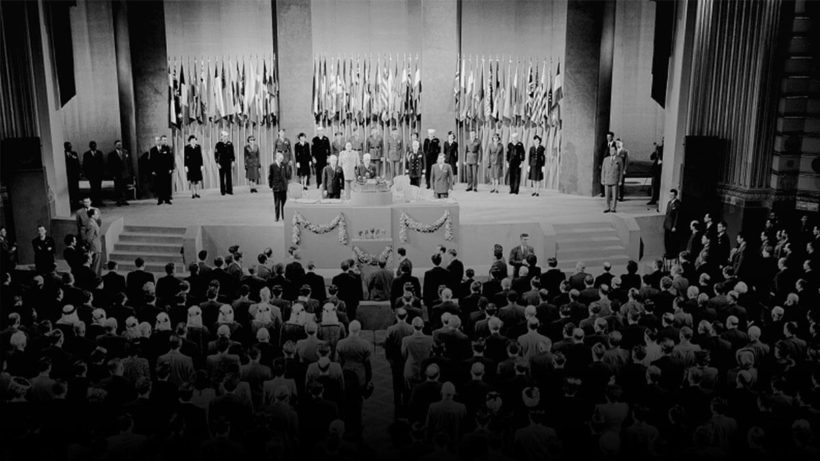
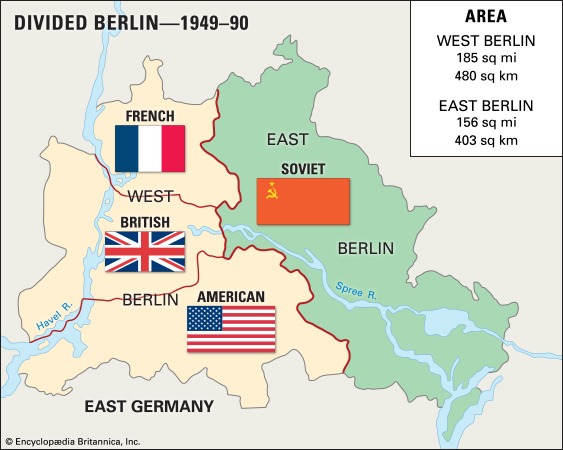
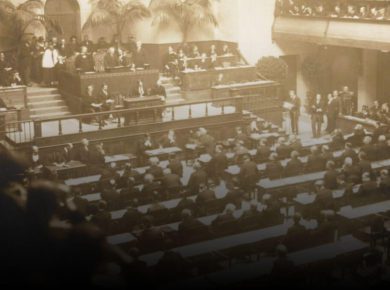


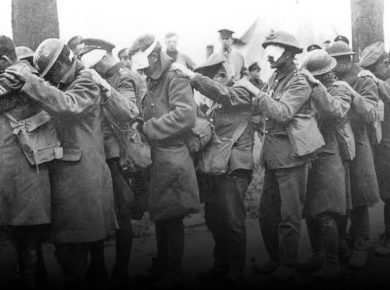
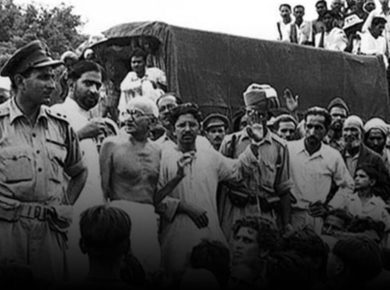





1 comment
thankyou very much to share the knowledge.